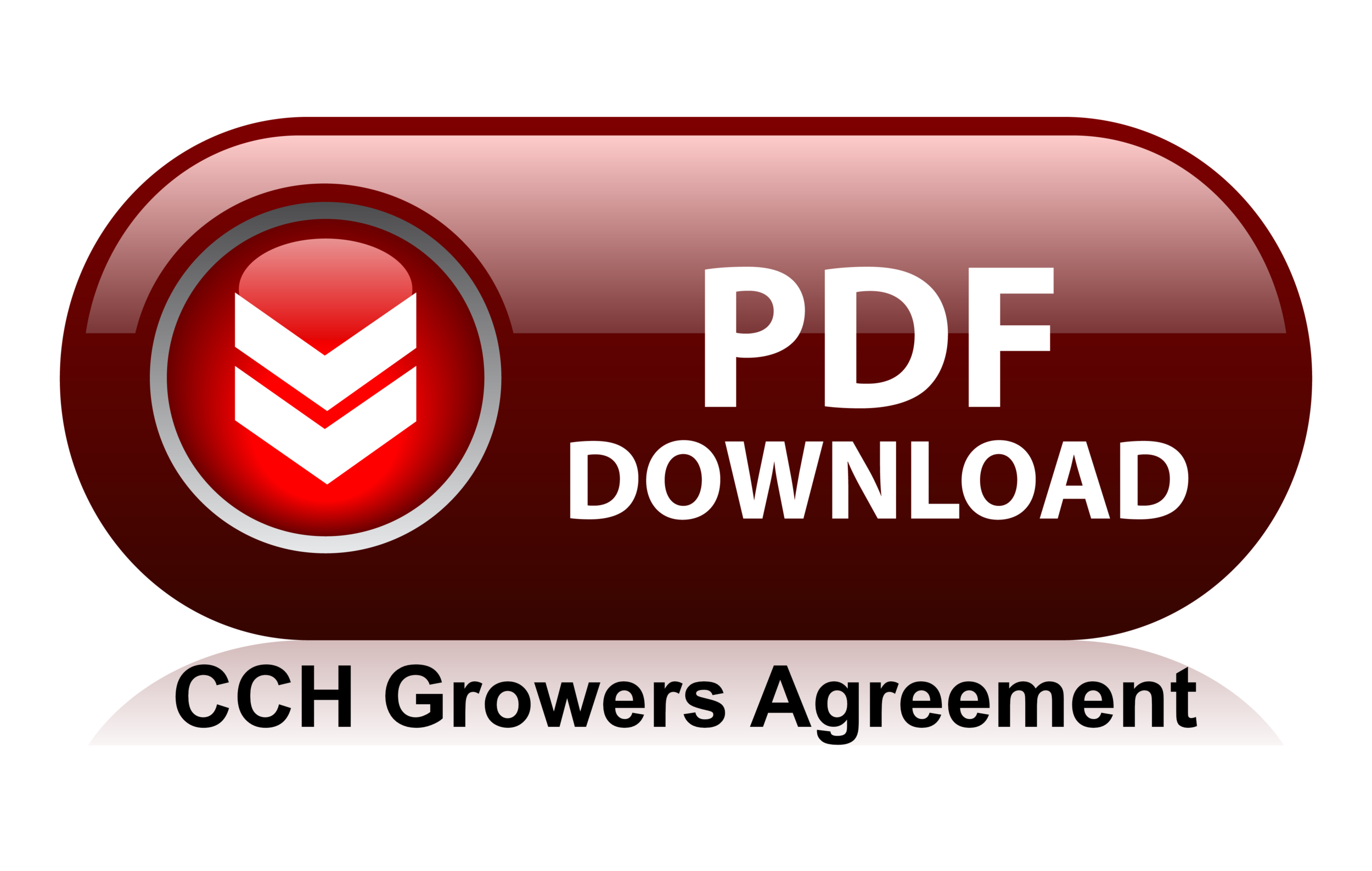Organic Farming Article
/Why Transitioning to Organic Farming is Worth the Hassle
There’s no doubt about it, the transition from conventional farming to organic farming is challenging. You have to go through three years of organic farming to become certified organic, and you probably already know that organic farming is more costly than conventional farming. Additionally, you can only sell conventionally during this transition period, meaning you don’t get to sell at organic prices during the entire three-year process. Your farming costs are more, and you sell at your regular price, which means that, yes, it will cost you up front.
However, once your crops are certified organic, all of that work becomes worth it, because the price at which you can sell organic products is exponentially higher than conventional prices. We’ve seen it firsthand, and below, we give you a snapshot of what it looks like to move toward organic farming and our reasons for believing it’s an extremely profitable decision.
The Real Cost Drivers of Organic Farming
Just because organic farming will make you more money in the long run doesn’t mean it’s a painless process to get there. It is an investment initially, especially since you don’t automatically reap the benefits. You also have to continue to farm more expensively to keep up your organic certification. We think it’s 100% worth it, but it’s important that you understand what’s required before jumping in.
The biggest cost drivers in organic farming are fertilizer and weed control. Man-made conventional fertilizers are cheaper and more potent than organic fertilizers, so you don’t have to fertilize too often. Organic fertilizers require you to fertilize more frequently in order to get the same results as you would using the man-made kind. More fertilizing means more labor, which is more money out of your pocket, but it’s a necessity to become certified.
Weeding is another expense that makes organic farming pricey. Unfortunately, we have yet to run into an organic weed spray material that is effective. Most sprays brown out the weed for only a few days before the weed grows back, right through the brown out. Roundup is simply far superior to organic weed materials, but you’ll never get your organic certification using it.
So, we’re left with methods that are high in hand labor such as weed eaters, walk behind weed eaters, or hand pulling. These are obviously tedious and labor-intensive methods. Now, there’s also mowing, which can be more cost effective, but you can’t get very close to your crop with a mower.
Another cost factor is pest control. Pest control is a little more expensive to do organically, because it takes an extra application each year. But unless you have a severe infestation of a certain pest, organic pest control isn’t terribly more expensive than conventional pest control.
So, with all of these costly aspects of organic farming, why make the change? It’s all about the numbers, and the numbers are quite compelling.
The Numbers Don’t Lie
Our citrus grove was officially certified organic on November 17th, 2020. This means that we can now sell at premium organic prices. After our first pick of 2021, the prices have spoken for themselves and told us that organic farming is absolutely the right move economically.
In 2020, we sold 1072 boxes of our transitional fruit for $3800 which comes out to $3.54 per box. In 2021, after just our first pick, our certified organic fruit haul of 268 boxes sold for $4800 This comes out to $17.91 per box. Imagine a year’s worth of organic sales. You don’t even have to do the math to realize how much of an increase in profit that would be. But we will anyway! If we sell the same amount as last year, our 1072 organic boxes will sell for roughly $19,200. If that’s not convincing, we don’t know what would be.
The Certification Process
If you would like, we can take care of the certification process for you, but you can also do it yourself. As you enter into the certification process, it’s important to remember that everything that goes into the grove—mulch, fertilizer, weed spray, pest control, etc.—has to be certified organic and must appear on the Materials List you would have in your Organic Systems Plan, which would be on file with your third-party certifier.
The three-year certification process of organic growing can be tedious, but keeping good records from the very beginning can help take some of the pain out of the process. You’ll want to:
Keep all your inputs and receipts to prove you bought them
Keep all pick and income receipts (even during the three-year transition because the certifier will want to see them).
Third-party certifiers: California Certified Organic Farmers (CCOF).
The most crucial thing to know about organic farming is that there are no mulligans. If you use a non-certified material at any point, you are out for three years having to re-certify. It’s a reset, unfortunately, so you have to commit to going full-organic to make it truly worth it.
We’ve found that organic farming economics are worth the effort it takes to get there, and on top of the economic benefits, it’s most often a more sustainable way to grow.
If you have any questions regarding organic farming, feel free to reach out to us at 858-756-1402 or rebadger@sbcglobal.net.


